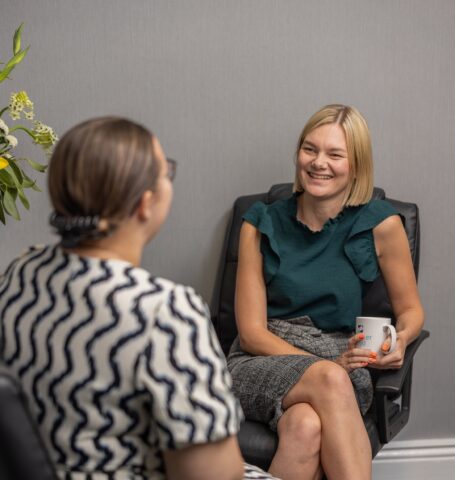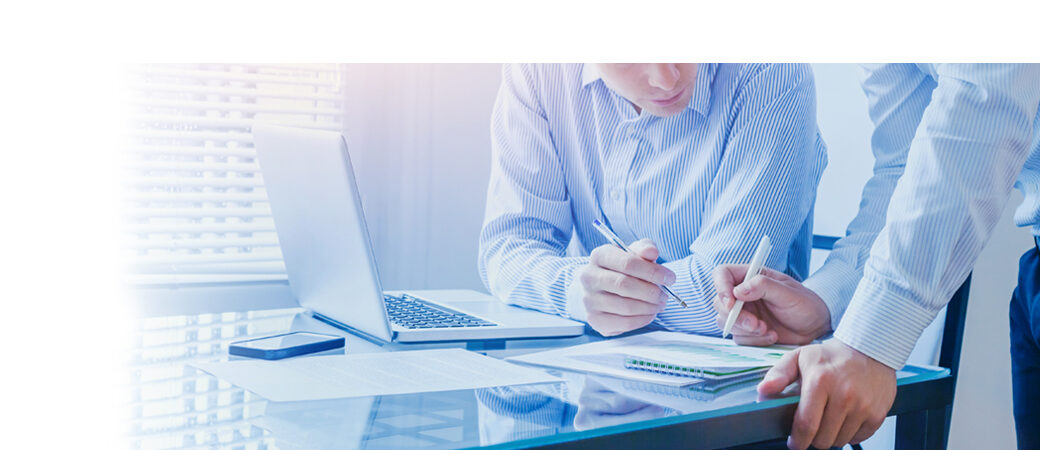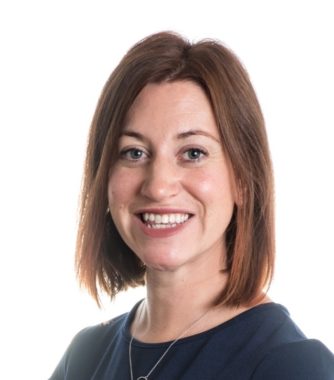Simplify Your Tax Compliance
Making Tax Digital (MTD) is a government initiative designed to make it easier for individuals and businesses to get their taxes right and keep on top of their tax affairs.
Our MTD services ensure you stay compliant with these new regulations by helping you transition to digital record-keeping and tax submissions. With our support, you’ll manage your tax processes efficiently and avoid penalties.
Key Benefits:
- Seamless transition to digital tax compliance
- Ensure HMRC compliance and avoid penalties
- Expert guidance on implementing MTD solutions
Making Tax Digital Made Simple
Our MTD services help businesses and individuals comply with the government’s digital tax regulations. Here’s how we assist:
Digital Record-Keeping
We help you transition from manual or paper-based systems to digital record-keeping, ensuring your financial data is accurate, organised, and ready for MTD compliance.
VAT Compliance
From April 2022, MTD requirements expanded to include all VAT-registered businesses. We help you submit VAT returns digitally through MTD-compatible software, making the process easier and faster.
Ongoing Support and Guidance
We provide ongoing support, ensuring you stay up to date with any changes to MTD regulations and are always compliant with HMRC’s requirements.
Software Recommendations and Integration
We help you choose the right MTD-compatible software tailored to your business needs and ensure seamless integration with your existing systems.
Training for Your Team
Our experts provide training to help you and your team navigate digital record-keeping tools, ensuring confidence and efficiency in meeting MTD requirements.
Error Prevention and Review
We review your digital submissions to minimise errors and reduce the risk of penalties, giving you peace of mind that your records meet HMRC’s standards.
How does our Making Tax Digital service work?
Who is it for?
How does our Making Tax Digital service work?
We guide you through every step of the Making Tax Digital process, from setting up compatible software to ensuring your records are accurate and ready for quarterly submissions. Whether you need help transitioning to digital record-keeping or ongoing support with VAT or Income Tax, we provide tailored solutions to keep your business compliant.
Who is it for?
This service is ideal for VAT-registered businesses, self-employed individuals, and landlords who are required to comply with HMRC’s MTD regulations. Whether you’re new to digital tax submissions or looking for expert guidance, we help you meet your MTD obligations smoothly and efficiently.

Would you like to discuss Making Tax Digital in more detail? Complete the form below to schedule a consultation with one of our experts.
Other areas we can help you
We have included some of the more frequent questions that we get asked, but if you have a specific question, please do get in touch. We would be more than happy to answer it for you.
Frequently Asked Questions
MTD is an HMRC initiative designed to make tax administration easier, ensuring that tax records are maintained digitally and tax returns are submitted online.
Making Tax Digital (MTD) currently applies to:
- All VAT-registered businesses: From April 2022, MTD requirements were extended to include all VAT-registered businesses, regardless of turnover.
- Self-Employed and Landlords with income over £50,000: From April 2026, MTD for Income Tax (MTD ITSA) will apply to self-employed individuals and landlords earning over £50,000 annually.
- Self-Employed and Landlords with income over £30,000: From April 2027, MTD ITSA will apply to those earning between £30,000 and £50,000.
If your business falls into these categories, it’s important to prepare by transitioning to digital record-keeping and ensuring compliance with MTD regulations.
You need MTD-compatible software to maintain digital records and submit your tax returns to HMRC. We can recommend and set up the best software for your business.











